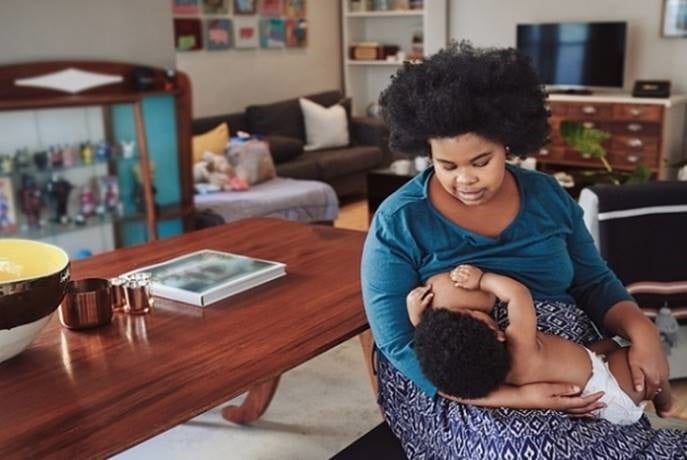
In her Lerato la Mme (mother’s love in Setswana) study, North-West University lecturer Chantell Witten set out to discover why only 32% of South African women are able to exclusively breastfeed.
Collecting data from more than 200 mothers from North West towns Ikageng, Potchefstroom, and Klerksdorp over several weeks, the researcher found underlying similarities in the breastfeeding mother's experience.
Also see: Provision of breastfeeding spaces vital for productivity, UCT study finds
Identifying that the barriers to exclusively breastfeed had more to do with socioeconomic factors than a lack of information.
"Even though the breastfeeding knowledge base of the mothers is very high, they are struggling with their personal stress levels, especially in their home environment," says Chantell, referring to the more than 1 million South African mothers registered with the National Department of Health's Health service, MomConnect.
The service aims to support maternal and child health through cell phone messaging.
Breastfeeding barriers
The study notes that while many of the study's participants had post-matric schooling levels, the majority were unemployed, unmarried and came from unsupportive environments in which breastfeeding mothers were mainly worried about food and family relations."A lot of mothers said they cannot produce enough breastmilk when they do not have enough food at home and are stressed by their environment. They then decide to give their babies another alternative such as formula, tea or food," explains the NWU lecturer.
Chantall says her research indicates a need for "programmes that will help support mothers on a psychological and psychosocial level" if SA is to meet the United Nations' target of a 50% exclusive breastfeeding rate by 2025.
Chat back:
Share your story with us, and we could publish your mail. Anonymous contributions are welcome.




 Publications
Publications
 Partners
Partners











